DOE awarding $35M to 11 projects for hydrokinetic turbine development; ARPA-E SHARKS
Green Car Congress
NOVEMBER 25, 2020
SHARKS teams will develop new economically competitive Hydrokinetic Turbines (HKT) designs for tidal and riverine currents. Hydrokinetic energy is an abundant renewable resource that can boost grid resiliency and reduce infrastructure vulnerability, but it is currently a cost prohibitive option compared to other energy generating sources.

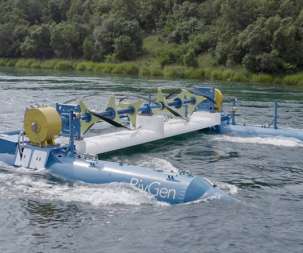
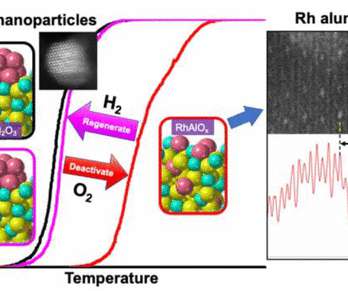

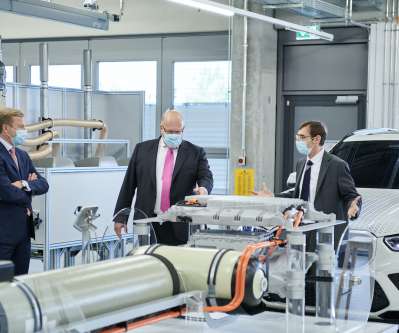
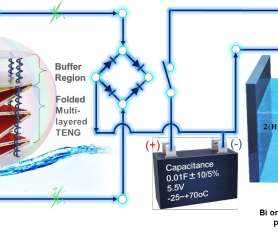



















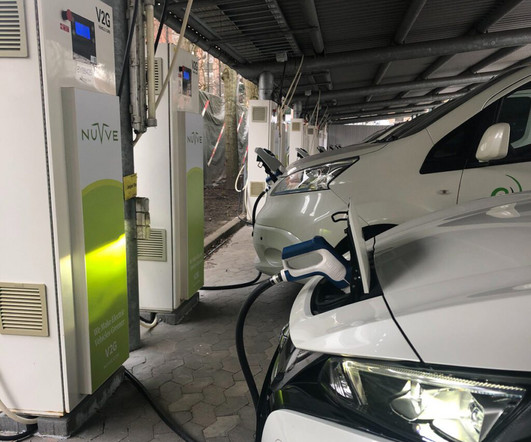




















Let's personalize your content